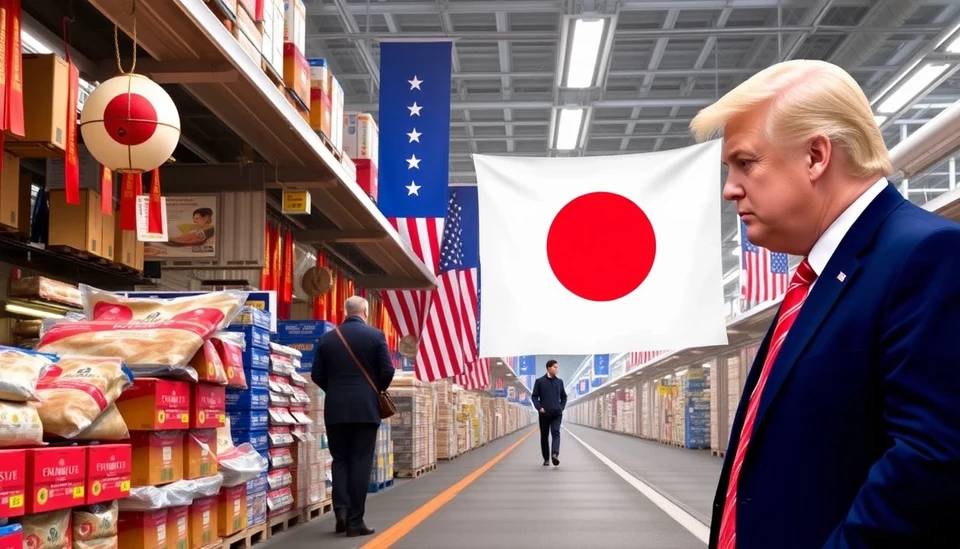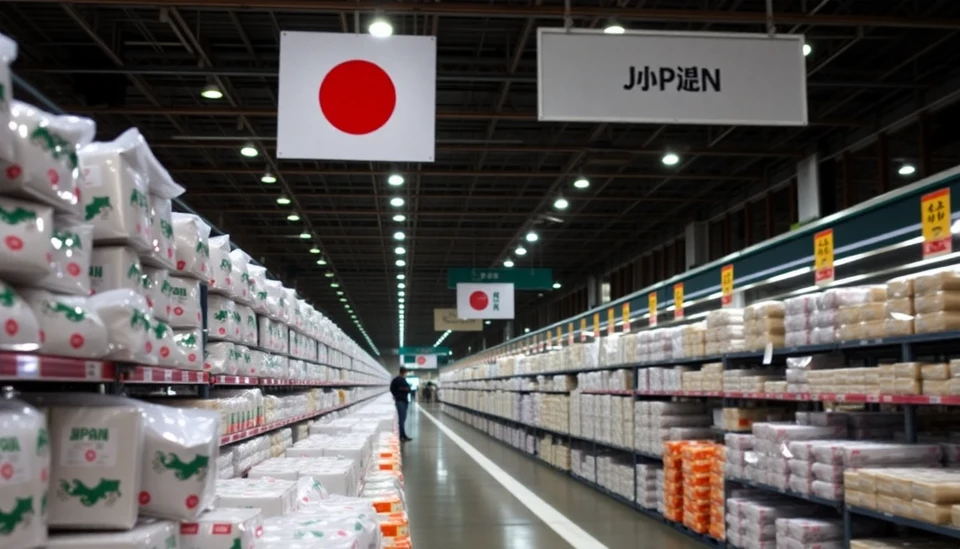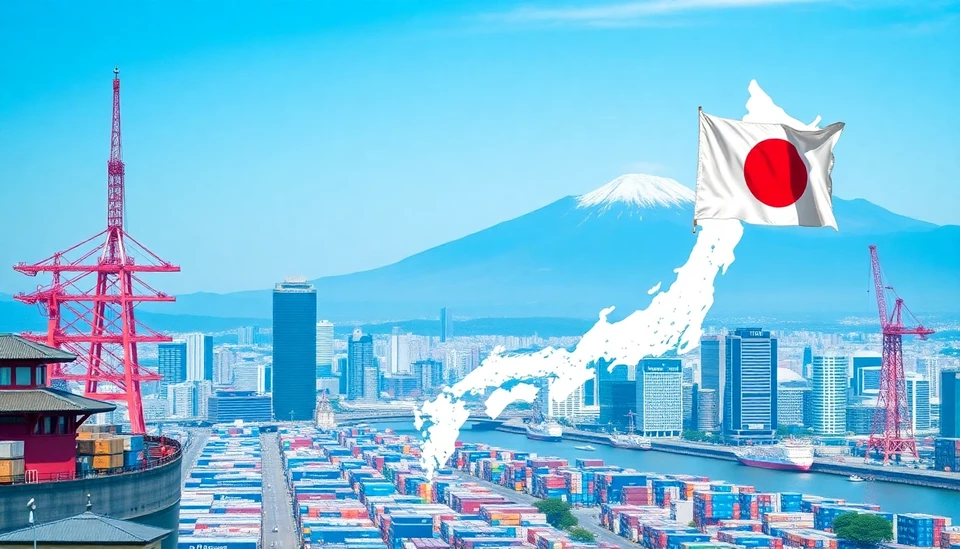
Japan's economy is experiencing a shift in its trade dynamics as the latest data reveals that the growth of exports has slowed. The export figures, which are crucial for the country's economic performance, indicate a deceleration that analysts believe is partially linked to the imposition of tariffs by the Trump administration.
This downturn comes amidst a backdrop of global trade tensions, where protective measures have been ramped up, leading to a complicated international trade landscape. Japan's exports, which had previously seen robust growth due to increased demand for automobiles and electronics, are now facing headwinds that reflect the broader challenges confronting international trade.
In a report released earlier this week, the Japanese government noted that exports rose at a slower pace than anticipated. Key sectors, particularly automobiles and machinery, are feeling the pinch as the costs associated with tariffs increase. This shift has begun to affect not only Japan's trade balance but also its overall economic outlook.
The imposition of tariffs has triggered a response from Japanese manufacturers who are now strategizing on how to mitigate the impact on their businesses. Many are considering shifting production to other countries to avoid additional costs or are seeking alternatives in supply chain management. Industry experts suggest that such shifts could further complicate Japan's export scenario in the coming months.
Meanwhile, Japan's trade partners are also adjusting their strategies in response to the evolving tariff landscape. The uncertainty surrounding trade policies has created a ripple effect, impacting not only the Japanese economy but also the global market. Analysts emphasize the significance of these developments, as Japan is a major player in global trade and any substantial shift in its economic activities could have widespread implications.
As the situation develops, stakeholders from businesses to policymakers will be closely monitoring the implications of these tariffs on the trade equilibrium. With Japan's economy heavily reliant on export growth, the slow pacing of this critical pillar raises questions about future economic stability.
In light of these developments, there is a growing need for dialogue between nations to address trade disagreements and seek mutually beneficial resolutions. The consequences of tariffs can be far-reaching, and as Japan navigates these challenges, the global community watches with keen interest.
As Japanese authorities work to bolster their export numbers, the importance of adaptability in facing global economic challenges has become clear. The ongoing dialogue regarding trade policies, tariffs, and international cooperation will be crucial in shaping the future of Japan's economic landscape.
In conclusion, Japan's export sector is at a critical juncture, navigating the complexities introduced by tariffs and a shifting global trade environment. Continued vigilance and adaptability will be essential for the nation to maintain its economic strength in these turbulent times.
#JapanExports #GlobalTrade #TrumpTariffs #EconomicOutlook #TradePolicy
Author: Laura Mitchell




